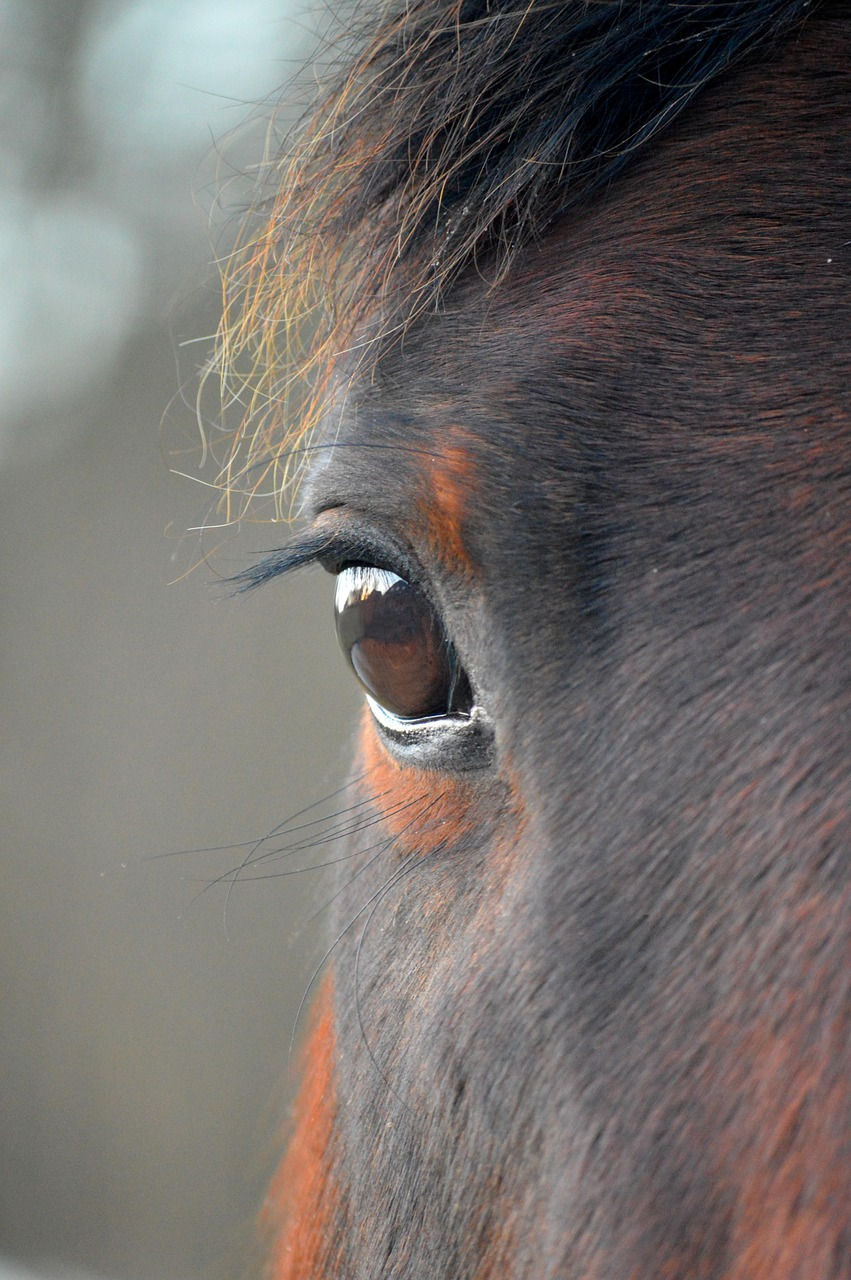Fear and the Urge to Control Horses
- Suzy Maloney B.Eq.Sc.
- Aug 1, 2025
- 3 min read

Fear is a powerful force. It shapes how humans respond to situations where they feel vulnerable, uncertain, or out of control. When it comes to horses, large, powerful, prey animals with minds of their own, fear often plays a significant role in how people choose to interact with them. Sometimes, that fear is obvious. Other times, it’s buried under layers of control, dominance, or rigid rules. But at its core, much of the desire to dominate or tightly manage horses stems from fear, fear of being hurt, fear of failure, or even fear of the horse’s autonomy.
Horses are physically imposing, and it’s natural to feel wary around them, especially when their reactions are fast, strong, and sometimes unpredictable. A spook, a buck, or a bolt can happen in a second, and for people who aren't confident or haven’t been shown another way, the solution often becomes: control the horse more tightly. Bits get harsher, reins get shorter, gadgets and restraints increase. The goal is to make the horse “safe”,but what’s really happening is that people are trying to make themselves feel safe.
Unfortunately, fear-based control doesn’t foster trust, it erodes it. Horses, as prey animals, are highly sensitive to emotional states. They read tension in a body, tightness in hands, and anxiety in posture. When people approach horses from a place of fear masked as control, the horse doesn’t become safer, they become more on edge. It creates a feedback loop where the horse reacts to the person’s fear, which then makes the person want to tighten control further. The relationship becomes rooted in mistrust on both sides, and neither feel safe.
Many traditional horse training methods were built around the idea of breaking a horse’s will, of asserting dominance. These approaches gave the illusion of control, but often they were driven by a fear of what would happen if the horse wasn’t kept in line. The horse was seen as something that needed to be subdued, shaped, and kept in their place.
Even in modern riding, fear shows up in subtle ways. Riders might avoid allowing their horse to make any decisions, interpreting independence as defiance. Some avoid riding without bits and use “strong” equipment, not because the horse has truly shown a need for it, but because what if something goes wrong? This fear of “what if” keeps many riders stuck in cycles of micromanagement, always working harder to control rather than seeking connection.
So what’s the alternative? It starts by acknowledging the fear, not suppressing it. Fear is not weakness, it’s information. It tells us when something feels too much, too fast, or beyond our current skill level. If we can recognise fear without judgment, we can make choices that are based on awareness rather than panic. This might mean getting off and working from the ground for a while. It might mean stepping back and reflecting on what’s driving the need for control. It might mean asking for help.
True partnership with a horse comes not from overpowering them, but from learning how to communicate in a way they understand and trust. That often means letting go of the illusion of control and focusing on connection, feel, and mutual respect. When a person meets a horse from a place of emotional balance rather than anxiety, the horse responds differently. They feel safer too. The power of the human shifts from control to influence, and influence is far more sustainable and respectful than force.
Of course, this takes courage. It requires people to be honest with themselves, to step into vulnerability, and to do the inner work that horses so often invite us to do. But the rewards are immense: a more responsive, relaxed, and willing horse, and a human who becomes more grounded, aware, and emotionally resilient.
In the end, fear doesn't need to be the enemy. It can be the teacher. Fear and the urge to control horses is something that every equestrian will experience at some time. But when we stop trying to control horses out of fear, we open the door to a more genuine, collaborative relationship, one that honours both the horse’s nature and the human's capacity for growth.
Happy Horses Bitless
Considerate Horsemanship
Ph: 0401 249 263
Email: suzy@happyhorsesbitless.com
Facebook: Happy Horses Bitless Bridles



Comments